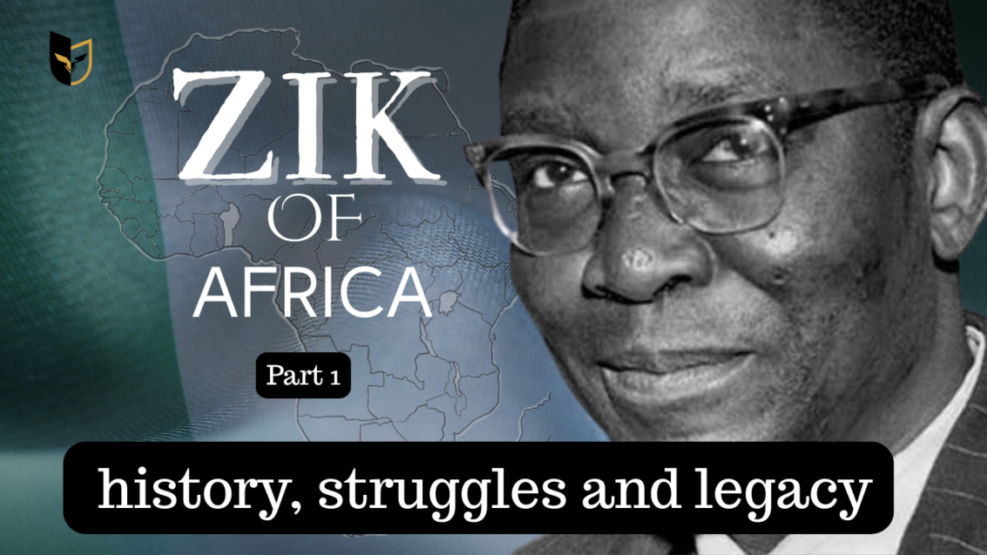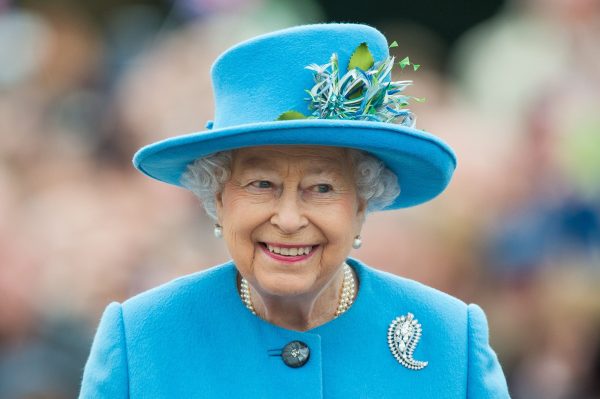No products in the cart.


God save the Queen and long live the Queen have been the prayers of the people of the United Kingdom of Great Britain and Northern Ireland. The Queen lived long. September 8 marked the end of her 70 years reign over her kingdom and other nations where she reigned as ceremonial head – British colonies and Commonwealth of Nations.
Usually, when a good leader dies, people offer their heartfelt mourning and prayers for the leader but dance and celebrate when a bad leader dies. The passing of the Queen evoked love and respect among her people and across the world and also disdain and anger among other peoples who are floundering from the agonising treatment by Britain and the Royal Family and most especially, agonising treatment under the reign of the Queen.
A strong woman whom many eulogised as scandal-free personae lived a life of grace – many would yearn to live up till 96 years and still working and standing without human support. Just two days before her demise, she conducted an official duty of appointing the new Prime Minister; Ms. Liz Truss – her 15th appointed Prime Minister.
The Queen was loved among her people. Such love was not extended across. As the people of the United Kingdom mourn the demise of their charming Queen, many across the world are still agonising from the pains her monarchy caused, sanctioned or enabled. For Africa, it was a mixed reaction. As some people tried to be more human in praying for her soul to rest in peace, many chose to recall the history of slavery, racism, colonialism, Neo-colonialism, the dehumanisation, the plundering of the lands, the carting away of many artefacts, the apartheid and the brutal suppression of the African people who wanted to restore their dignity especially, the ones which happened under her watch.
Part of the eulogy hailed her as a stabilising force. But during her 70 years on the throne, as many colonies in Africa got independence ‘on paper’ and were able to take charge of their independence, these countries were not outrightly independent. Many atrocities happened and many communities and families are still struggling to stabilise from the oppressing feet of the English troops which should have been a different outcome should the Queen looked at the issues differently.
The Washington Times recalled, “Elizabeth grew up with the threats of what British author, Os Guinness, calls ‘the horror of the radical evil of the twentieth century… its utter desecration… The death camps, the killing fields, the simultaneous extermination of human beings, and the extermination of what it [meant] to even be human.’ This was the stuff of young Elizabeth‘s daily news.”
The Queen has been criticised for being silent while these oppressions happened under her reign. Yet, she is eulogised for looking out for her country’s well-being otherwise, millions of people would not die or suffer harsh conditions, was she more outspoken and remembered the words of Os Guinness than the pursuit of her kingdom’s political and economic interest.
As BBC narrated, the Queen had a good relationship with Africa, expressing how she visited more than 20 countries in Africa, and being in Kenya when her father died. But to many in Africa, the relationship with the monarchy is of suppression and plundering, exploitation of natural resources and enacting systems of control.
Africa had a different experience most especially the about 1.5 million people forced into the concentration camps; tortured and violated in Kenya and an excruciating war that left about 3 million Biafrans dead through an inhuman policy of starvation, to name but two.
The victims of war usually elicit sympathy, but the Igbo who were labelled the ‘the most hated in Nigeria’ by the British Press as recalled by Nnamdi Azikiwe and the first coup in Nigeria labelled ‘Igbo Coup’ by the BBC could have elicited a different reaction if the monarchy was kinder.
Read Also: Nigeria at 61: The continued search for national cohesion
The genocide of the Igbo people and Kenya’s concentration camps seemed themed after the genocide of the Jews and use of concentration camps by the Nazis. Yet, the loss of millions of the Igbo has not merited to be termed and recognised as genocide nor apology rendered for such war actively involved in by the Harold Wilson’s Britain under the watch of the Queen.
Britain being jittery of the emergence of a new nation from which true African independence would be launched expressed that Biafra as a new nation could not sustain itself. But that new nation could refine their oil, launched an unprecedented technology that produced Ogbunigwe and other feats in war time.
The Queen and her Prime Minister Harold Wilson oversaw the near extermination of the people of Biafra, especially the Igbo, and succeeded in snuffing out the new nation out of existence and forced her to unify with Nigeria while it supplied Nigeria ammunition and strategies.
That Nigeria is not working is through the instrumentalities of the British government. The lopsidedness or imbalance of the country’s structure is the handiwork of Britain through amalgamation of the north and south protectorates and subsequent division of the south leaving the north towering over the south. That foundational imbalance and other political advantages bequeathed to the north, has retarded Nigeria from growth.
It may be argued that the Queen had no real powers in a constitutional monarchy practised by the UK, but the British constitutional scholar Walter Bagehot wrote that the monarch has three essential rights: to be consulted, to encourage and to warn. She also retained certain political powers, known as her “personal prerogatives” and powers to appoint and dismiss ministers.
Using her rights, she had had a disagreement with PM Margaret Thatcher who as LA Times reported in 1986, “the monarch and the prime minister are headed for a clash unless Thatcher agrees to sanctions against Pretoria…Thatcher has said that negotiation, and not strong economic sanctions, is the way to persuade South Africa’s white-minority government to dismantle apartheid.”
If such disagreement could happen, why didn’t the monarchy use that to stop the genocide of the Igbo? But the Queen in her disagreement was on the side of force – sanctions, to achieve her interest.
It is also said that Africa, Nigeria and Igbo people should stop the lamentations that make them helpless but as long as the British large feet is still placed on the neck of Africa, Nigeria and Igbo people in their politics and socio-economic development, the struggle may amount to nothing. But, the struggle will continue in order to have true and total emancipation. Although dead, the Queen and her long reign must be held to account. Eyes will now be on King Charles III on the need for rectitude and reparations.